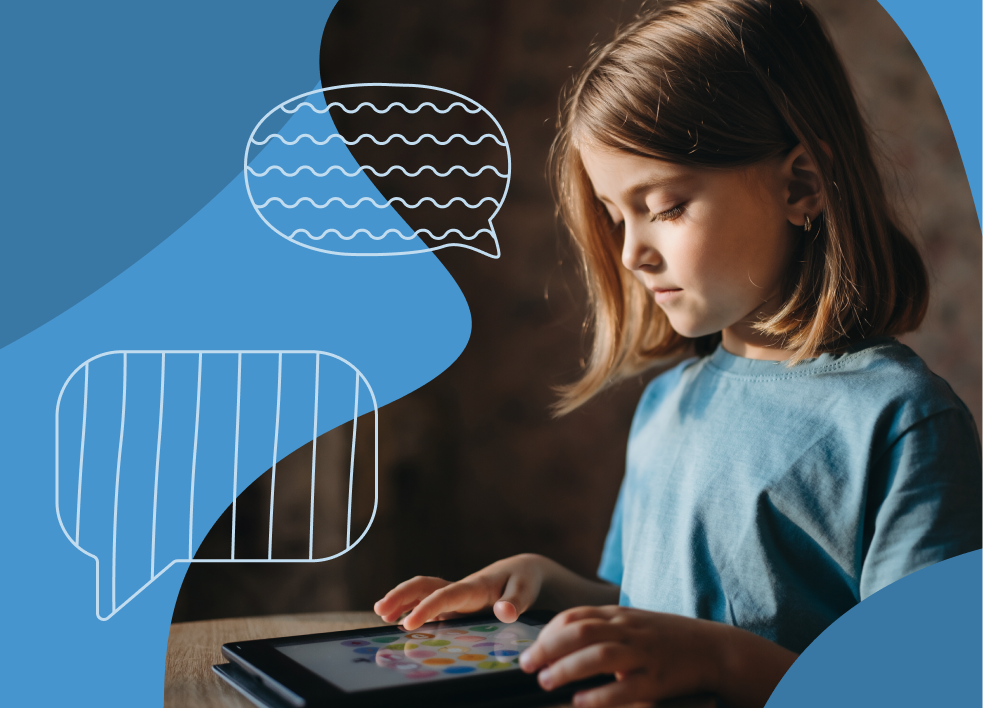Navigating Autism and the Holidays
For many, the holiday season is often filled with joy, connection, and a special kind of magic. With the right preparation and support, autistic children can experience the same meaningful moments, as deserved. Intentionally planning ahead to honor their unique needs can make a busy time of year not only manageable, but truly enjoyable and empowering for them. It can also help reduce dysregulation caused by unexpected changes and help manage sensory overload by minimizing surprises.

As a caregiver, it’s essential to consider how your child may respond to changes in their environment like home decor, travel plans, snack or food options, smells (such as candles), holiday music, visitors or daily routine. An extended period, whether a few hours in a day or several days during holidays, involving multiple changes for a celebration can often feel overwhelming and disruptive to a neurodivergent child. Here are some practical methods to consider ahead of time to ensure the holiday season is a time of delight, especially for your autistic child:

Give them a heads up
Most autistic children thrive off routine. Allowing them to know what their day holds or what changes are expected in the future can eliminate elements of surprise and help them to maintain regulation. By thinking ahead and showing care for their feelings in advance, you help to strengthen parent-child trust.

Create visuals
Visual aids, countdowns or timers can be helpful for autistic children by clearly showing upcoming changes or the arrival of visitors. This can help to make transitions more predictable and less stressful, while helping reduce anxiety. Common visuals include calendars with photos, countdown paper chains or even printed pictures of expected visitors that a child can refer to ahead of time.

Role-play
Role-play is a great way to gently introduce your child to new situations and people. Practicing greetings, sitting at the table, sharing toys, or wearing a new holiday outfit can help new encounters feel more familiar and less overwhelming. Role-playing can build and deepen social skills, boost confidence, and a sense of empowerment.

Create a safe space
A quiet environment or dedicated space with comforting lighting can do wonders for an autistic child. It allows them to re-regulate and gain composure in the case of overstimulation. Allowing your child to venture to a quiet area with their favorite item, like a stuffed animal or fidget toy, can be of great help in busy environments. Stimming behaviors can stem from stressful or overstimulating environments and children need a safe space to express themselves freely.

Pack an appropriate sensory kit
Preparing a kit with tools and toys (and maybe snacks!) tailored to your child's needs can help them stay regulated in different settings. Some children benefit from fidget toys or sensory mats, while others prefer comfort items like weighted stuffed animals or noise-cancelling headphones. Picking items suited to your child supports their needs and comfort, building greater trust in your relationship.
.avif)
Stick to a schedule
Keeping certain parts of your child’s schedule consistent, like meal and rest times, can provide emotional stability and security amid busy days.
For many, the holiday season is often a mix of joy and stress, especially when routines change. We are here as a resource to provide helpful holiday tips that ensure the joy outweighs the stress, supporting a more peaceful and enjoyable season for you and your family!
For more information on our model, click here.






